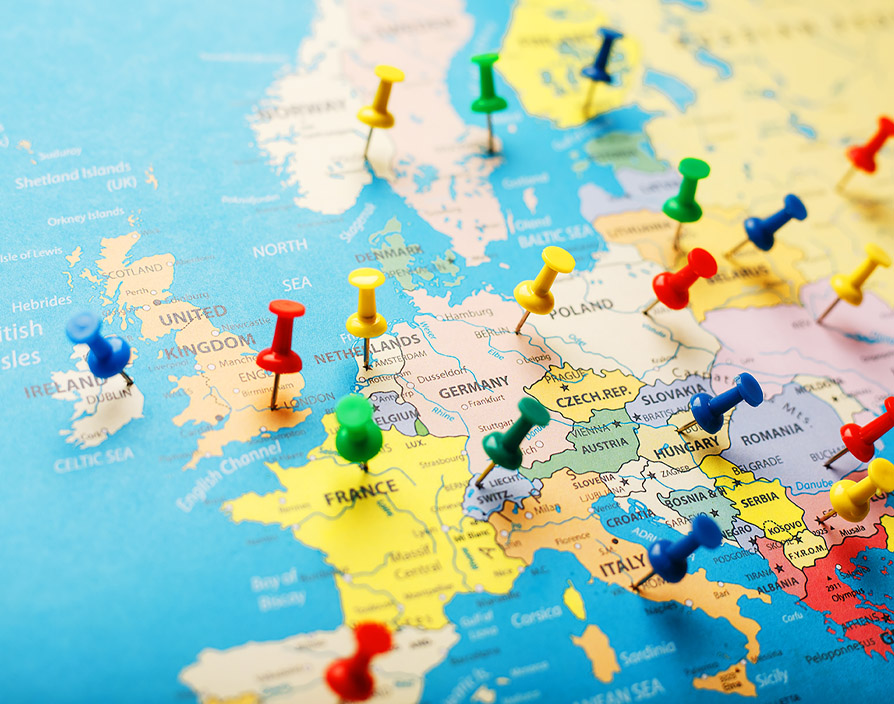Expanding a business across Europe can be an exciting and lucrative opportunity for any business leader. However, it is important to consider a few key factors to avoid you making mistakes. This article will look at some of the things that you should think about, both before you get there and after you’ve established yourself. Understanding cultural differences, international trade, and establishing the brand are crucial elements that should be taken into account. In this article, we will discuss each of these factors in greater detail and provide guidance to business leaders who are planning to expand across Europe.
Understanding cultural differences
One of the most important factors to consider when expanding a business across Europe is how different the culture could be. It all depends on where you are expanding to, but Europe is a diverse continent with many different cultures, languages, and traditions. Therefore, it is essential for business leaders to conduct thorough research on the culture and customs of the countries they plan to enter. This will help them to understand the local market and adapt their business strategies to meet the needs and expectations of the local consumers.
For instance, the business etiquette in France might differ significantly from that in Germany, and there might be cultural nuances in terms of the way people prefer to be addressed or interact with one another. Businesses must make an effort to understand these nuances and adapt to them to avoid misunderstandings or miscommunications. Of course, you should also have a good grasp of the language.
Understanding International Trade
International trade can be complex and challenging, and this is especially true when expanding across Europe. The European Union (EU) is the world’s largest trading bloc and has its own set of regulations, standards, and customs procedures. Business leaders must understand these regulations and standards to avoid any legal or compliance issues.
One of the most significant considerations is tariffs and taxes. Different countries have different tariffs and tax laws that can impact the price of goods and services, and these can vary across different industries. You will have to deal with converting currency for transactions. It could be in your best interest to open business accounts that can facilitate international trade. You can get a UK multi-currency account with a financial service provider such as Silverbird. These experts work with over 30+ currencies and can aid your business in securing international payments.
Understanding how to establish the brand
As well as understanding how to trade, businesses should understand how to establish their brand in a new market. This involves creating a brand identity that resonates with the local audience and meets their needs and expectations. You may want to alter your existing branding or look to create something unique. You should try to identify a compelling need before you head over there, as that can help you find an angle to approach your branding from.
Different countries have different marketing channels and preferences. For instance, television advertising might be more prevalent in some countries, while influencer marketing might be more effective in others. Ensure you are researching the most effective marketing channels in each country and adapt the marketing strategy accordingly.

































